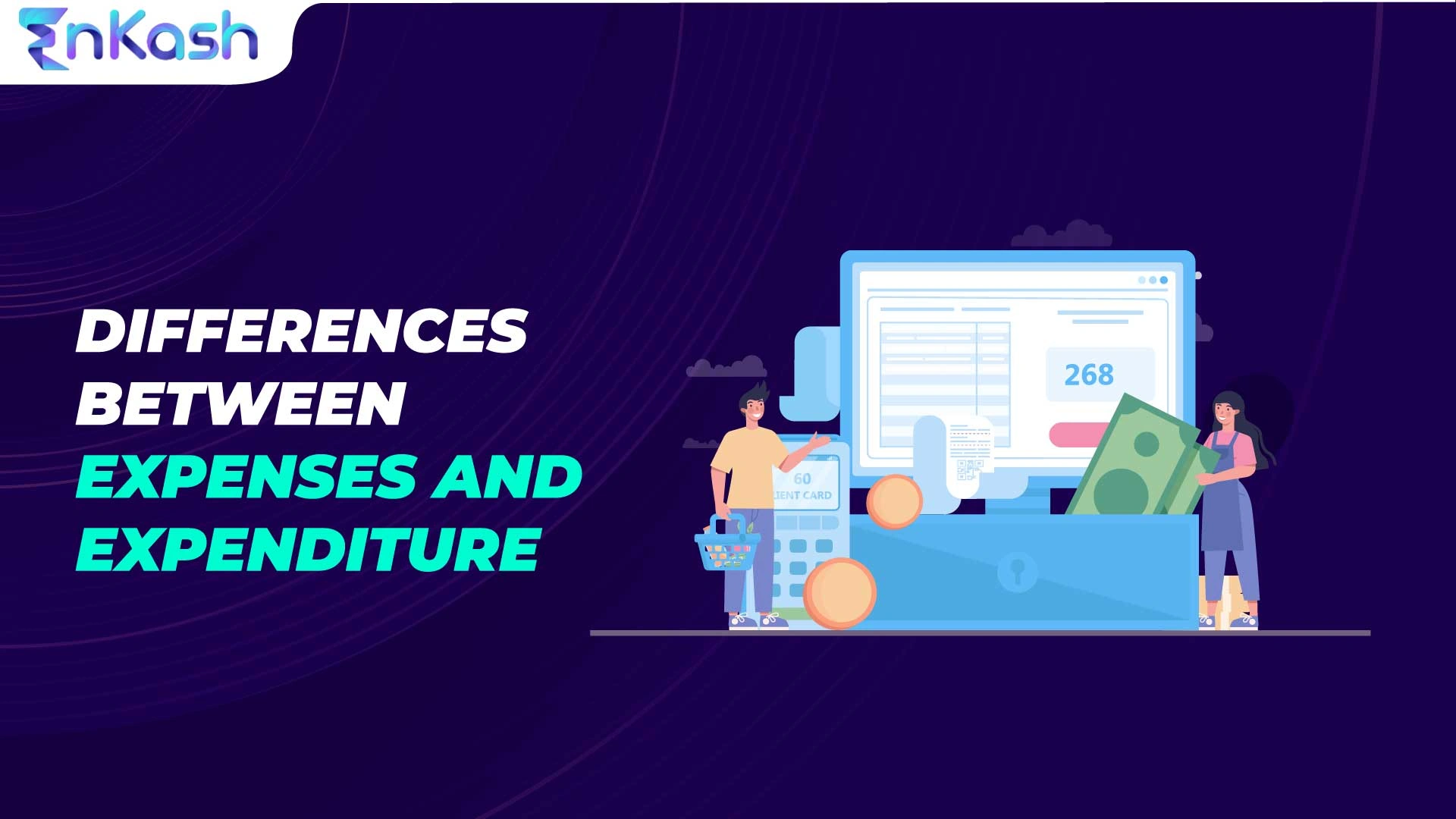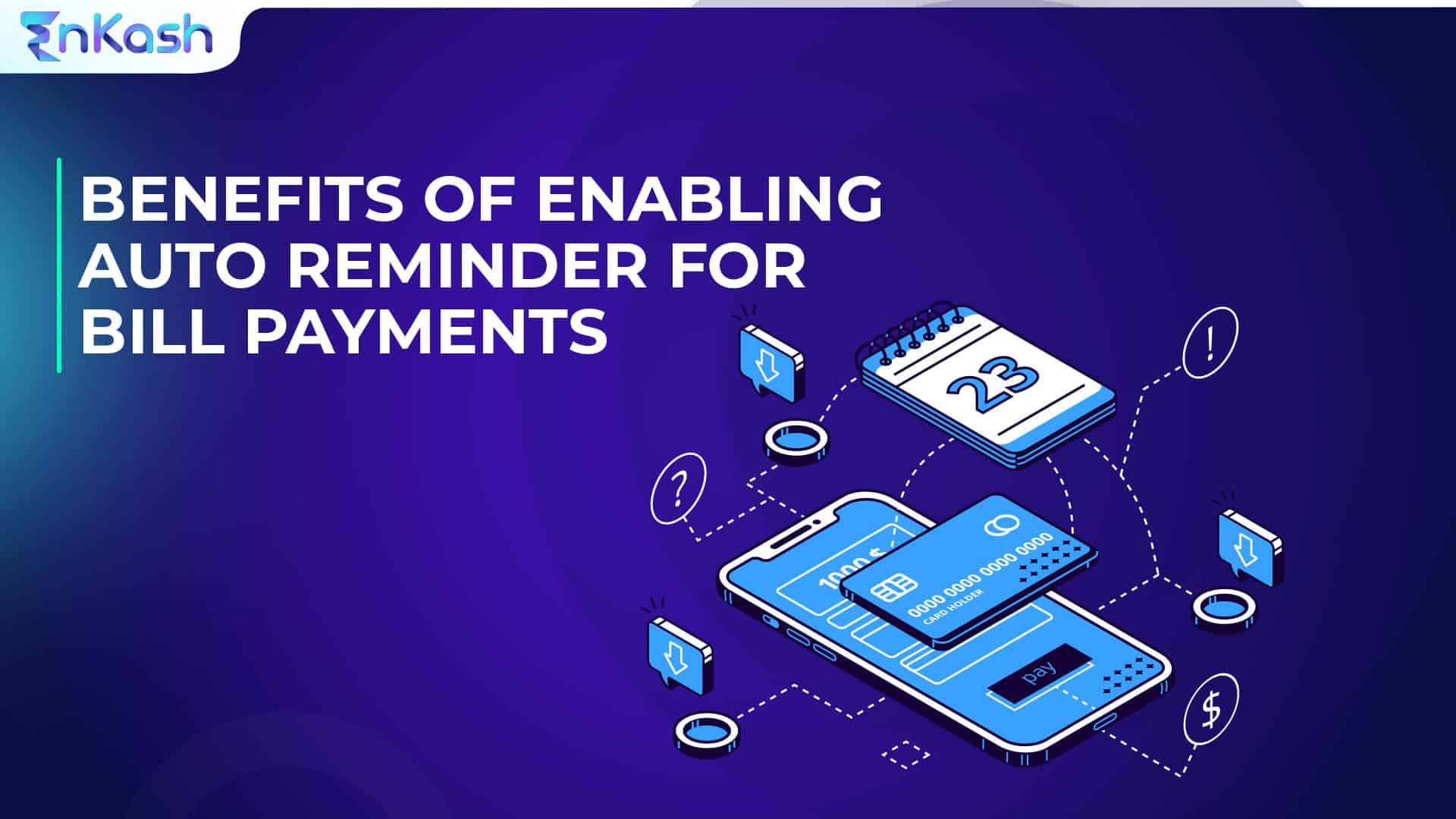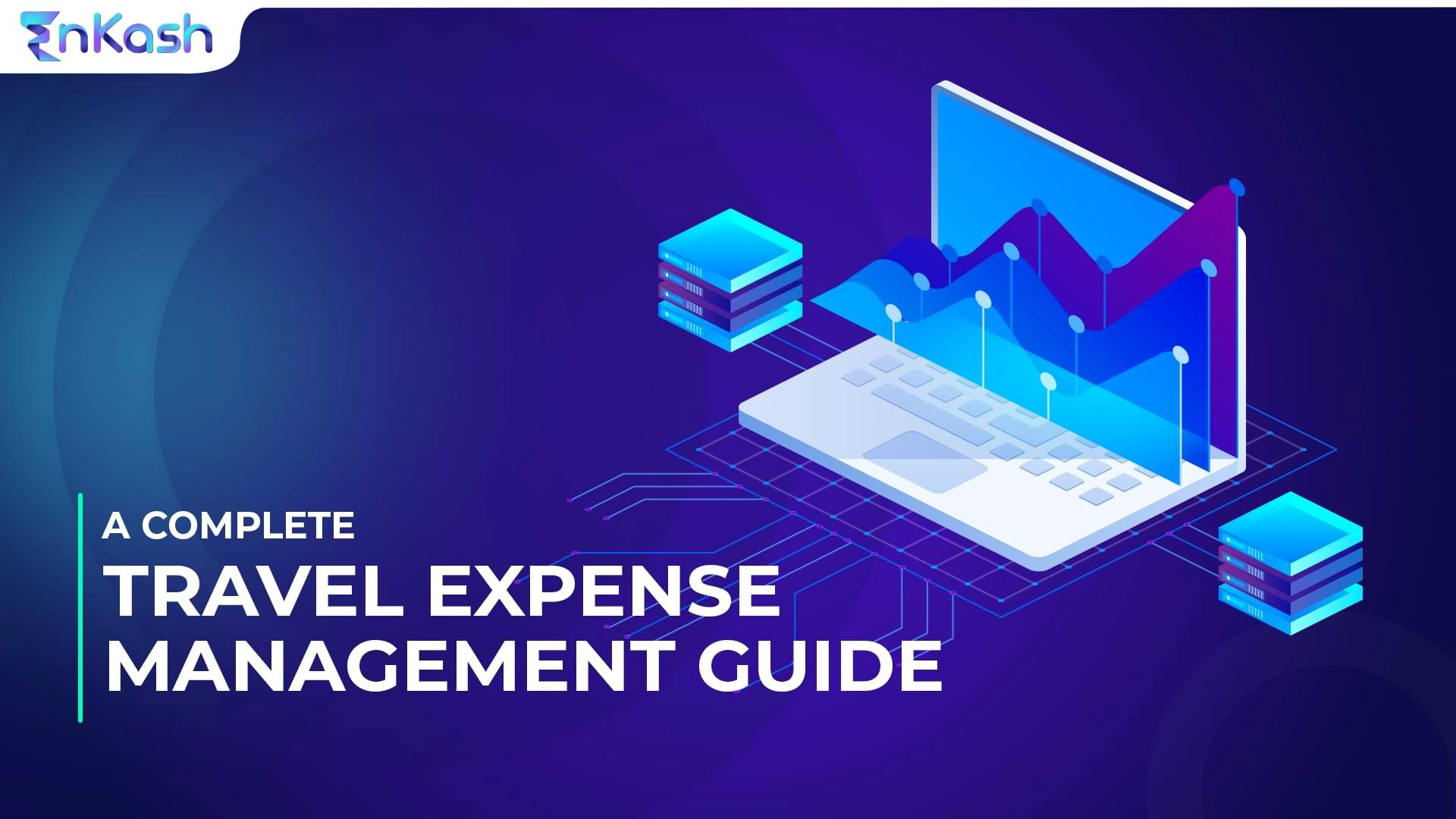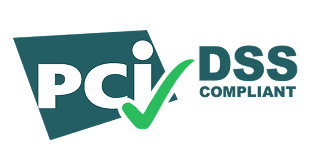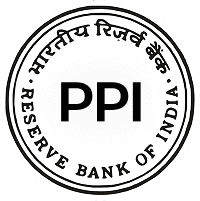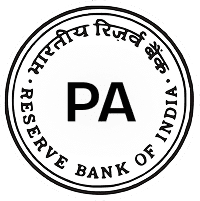Are expenses and expenditures different? If yes, what are the differences? These must be some thoughts running through your head when you read the title. However, the fact is that the terms ‘expense’ and ‘expenditure’ have some subtle differences and it is crucial to understand what these are. Let’s dive deeper without much delay.
What is Expense?
Expenses are the costs a business incurs to procure goods or services. Any company expense is noted or recorded in the income statement as a negative figure in the column denoting revenue. Expenses need not always be related directly to the products or services that a business sells. Now that we have understood what is expense, let’s move forward and discuss the types of expenses that a business incurs.
How many types of expenses does a business incur?
Typically, expenses are divided into two categories—direct and indirect expenses. Direct expenses are costs incurred directly toward the products or services the business offers. Indirect expenses are also called overhead and include expenses like rent, marketing, and other such expenses. Furthermore, the payments toward expenses can either be fixed or variable. For instance, rent is a fixed expense that needs to be paid consistently at fixed levels regularly. Payments like consumables and commissions to salespeople can vary according to many factors.
What is expenditure?
Expenditure relates to the outflow of funds that are related to the business. Expenditure relates to the payment you make toward expenses and therefore has more to do with the cash flow of the business.
What are the different types of expenditure?
Generally speaking, most businesses categorize expenditure as capital expenditure, operating expenditure, and discretionary. As the name suggests capital expenditure relates to the money you pay towards capital equipment. In the same way, payments made for business operations such as rent, salaries, utilities, and more are considered operating expenditures. Discretionary expenditures are payments that are more of a choice than an absolute necessity. These include advertisement, employee recreation, etc.
Also Read: What Are Non-operating Expenses and What Is Their Impact?
What is the difference between expense vs expenditure?
Expenses can be defined as the costs you incur for your business during a particular period while expenditure refers to the payments that your business makes during a time period. Often businesses incur an expense that they are committed to paying but delay the payment, even though it reflects in their book of accounts as an expense. Once the payment is made it becomes an expenditure.
Aspect |
Expense |
Expenditure |
Definition |
It is the amount spent by a company in a given time on conducting its operations. |
The payment made to cover expenses or the flow of money from the business |
Accounting Category |
It appears in the profit and loss account as an expense and reduces the profits |
Recorded in the cash flow statement as a payment, affecting liquidity. |
Nature |
Represents the cost of products/services acquired during the period. |
Shows the real outflow of cash or funds from the business. |
Timing |
Can be incurred but not paid immediately (accrued expenses). |
Reflects payments made, usually in real-time |
Examples |
Rent, salaries, utilities, cost of goods sold. |
Payments for rent, salaries, capital expenditures |
Understanding the difference between expense and expenditure is crucial for both accounting and business operations
What are the Examples of Expenditures?
Expenditure denotes the outflow of cash made by a company for several activities such as expenses, capital purchases, and other payout. These can be subdivided into several groups, which differ in their nature and influence on the business’s finances. The following are the common types of expenditure businesses experience:
Capital Expenditure (CapEx)
Definition: Capital expenditure is the estimated monetary value spent on the acquisition, enhancement, or repair of physical assets that are used in production for a long duration such as machinery, equipment, structures, and land.
Examples:
- Purchasing New Machinery: Manufacturing or production processes often require the use of new machines to enhance the performance of such operations.
- Buying Space or Real Estate: In order to grow the business, the firm will need to acquire more parcels of land or buildings.
- Upgrading Technological Infrastructure: All technology improvements such as the purchase of computers, new software systems, or new servers are considered capital expenditures.
Impact: Capital expenditures are generally big, one-off spending aimed at expanding the company’s growth and asset base. These assets will be straightened on depreciation and therefore do not reflect in profits immediately as they will stay on the balance sheet.
Operating Expenditure (OpEx)
Definition: Business operations require regular, inflexible expenses referred to as operating expenditures. They are necessary expenses for the proper working of the organization.
Examples:
- Rent: Rental expenditure for/offices or other facilities is a key operating cost.
- Salaries and Wages: Employee remuneration is a periodic operational cost that keeps the business active.
- Utility Bills: Payments made for the provision of electrical, water, gas supplies, and any other facilitation of service provision.
- Office Supplies and Consumables: Article categories such as paper, pens, and other things that aid in carrying out daily business.
Impact: Operating expenses are usually repetitive and these expenditures have direct consequences on the income statement of the business to the extent that their profitability is decreased in the period the expenses occur. Proper management of these expenses is important for the profitability of any organization.
Discretionary Expenditure
Definition: Every discretionary expenditure is a decision relative to the cost of the business which the management of the business can choose to incur or not. i.e. The money spent on such things is not very important for the functioning of the business but is helpful in achieving certain objectives or for the benefit of the employees mainly.
Examples:
- Advertising and Marketing Campaigns: Any money spent on advertisements or promotions or on building a brand.
- Employee Benefits and Recreational Activities: Expenses incurred in programs promoting staff wellbeing, team-building activities, or recreational centres.
- Sponsorships and Event Participation: Expenses that include paying for meetings, sponsorships, events, and other appropriate strategies that the business pursues.
Impact: Such expenditures are less rigid and may be negatively bent based on the firm’s current financial condition or strategic focus. Such expenses are often cut back as a result of the period of recession of the economic condition.
Is Every Expenditure an Expense?
Not every expenditure qualifies as an expense. Although both expenditures and expenses refer to the outflow of money from a business, they are not interchangeable terms. There are distinct differences between the two, primarily related to how they are accounted for in the financial statements. Let’s explore the key differences and better understand the relationship between expenditures and expenses:
Expenditure is a Broader Concept
Expenditure refers to any outlay or utilization of monetary resources by the business. Various types of costs incurred in the course of doing business, payments to settle long-term investments or even one-off costs not related to the day-to-day operations are all costs that contribute to expenditures.
Operating Expenditures:
These are all the periodic payments that are necessary for the existence of any firm including rent, salaries, and utility charges among other expenses.
Capital Expenditures (CapEx):
These are the costs or payments that are made to acquire or improve upon the fixed assets of a business such as equipment, property, or research and development. In most instances, capital expenditures can be said to be incurred with the benefits extending to the organization for more than one financial accounting period.
Discretionary Expenditures:
This refers to expenses incurred in carrying out activities that do not directly generate income for the business e.g. spending money on ad campaigns, sponsoring an event, or organizing out-of-work activities for employees.
Not all expenditures become expenses as certain expenditures may relate to the purchase of investments which may be held longer. For example, capital expenditures are spent first as capital assets and are termed ‘depreciation’ when charged to the income statement in the later years of accounting periods.
Expenses are Part of Expenditures
Expenses are a subset of expenditures. This means every expense is an expenditure, but not all expenditures qualify as expenses.
Expenses: These are the costs that are incurred directly in the running of a business’s everyday activities, such as rent, salaries, utilities, or supplies. Such costs are essential to the ongoing operations of the business and are therefore charged to the income statement in full in the period in which they are incurred.
Expenditures: Expenditures are broader in that they include both expenses and costs incurred on the purchase of capital or non-current investment resources. For instance, if a firm invests in new plant and equipment, it is safely regarded as an expenditure but treated as not an expense. It then becomes an asset whose value over time will be written off as depreciation.
Effects on Financial Statements
Expenditures and losses differ as they are presented in the financial statements in very important aspects:
Expenses: Expenses affect directly the income statement by depleting the profitability of the company. They are taken up in the respective period that they occur and deducted from the revenue in order to obtain the net income. Thus, expenses affect the company’s profitability for the period.
Expenditures: Expenditures tend to be presented more on the statement of cash flow of the organization as they indicate the cash disbursements of the business that have taken place over a given period. This creates an insight into the liquidity standing of the business, indicating what amounts of cash were utilized within a certain time frame either for operating activities, capital expenditures, or even general outflows of cash for no specific activity.
Examples of Expenditures That Are Not Expenses
There are instances where businesses make payments that qualify as expenditures but are not immediately recorded as expenses. These include:
Capital Expenditures (CapEx): Acquisition of fixed assets for example plant, buildings, and equipment are expenses classification but these costs are capitalized. They are shown as assets in the Balance Sheet and written off gradually. For instance, purchasing a new factory machine is an expenditure but will only be charged to expense after several years of depreciation have been posted on it.
Business Growth: Expenditures made towards purchasing land or buildings for business growth are considered expenditures. However, these do not become expenses until depreciation or amortization of the asset is charged over a period.
Conclusion
For effective financial planning and control, it is imperative to understand the differences between expenditure vs expense. Both controlled costs relate to outflows of resources, but expenses are more immediate and recurrent and relate to the day-to-day running of a business. They are also recorded in the income statement. Expenditures on the other hand are much wider including even long-term investments such as capital assets, which do not appear in the income statement but do have an impact on the cash flow statement and the balance sheet. Every business needs to understand these distinctions as they affect business’s financial choices ensuring better utilization of the business and its future investments.
FAQs
What is the difference between expenses and expenditures?
An expense is a cost incurred by a business in earning revenue. Expenditure is the cost incurred in obtaining property, goods, or services, etc.
Is expenditure the same as an expense?
No, expenditure is more of a general concept and includes all the outflow of money that comprises expenses and capital investment as well.
What are the three types of expenditures?
The three categories of expenditure for business activity are capital expenditure, revenue expenditure, and deferred revenue expenditure.
Can all expenditures be considered expenses?
Not necessarily. While expenses are a type of expenditure related to daily operations, some expenditures, like capital investments, do not directly impact the income statement as expenses.
What is fixed Expenditure?
These are the set amounts that do not change, regardless of how much of the service they are using, for example, rent or mortgage payment
What is an example of expenditure that is not an expense?
Capital expenditures, such as purchasing machinery or buildings, are expenditures that are capitalized as assets and not expensed immediately.
What is discretionary expenditure, and why is it important?
Discretionary expenditure is involuntary and consists of expenses such as marketing or recreational activities for the employees. It is useful because, unlike other expenses, it can be scaled down according to the prevailing business conditions.

